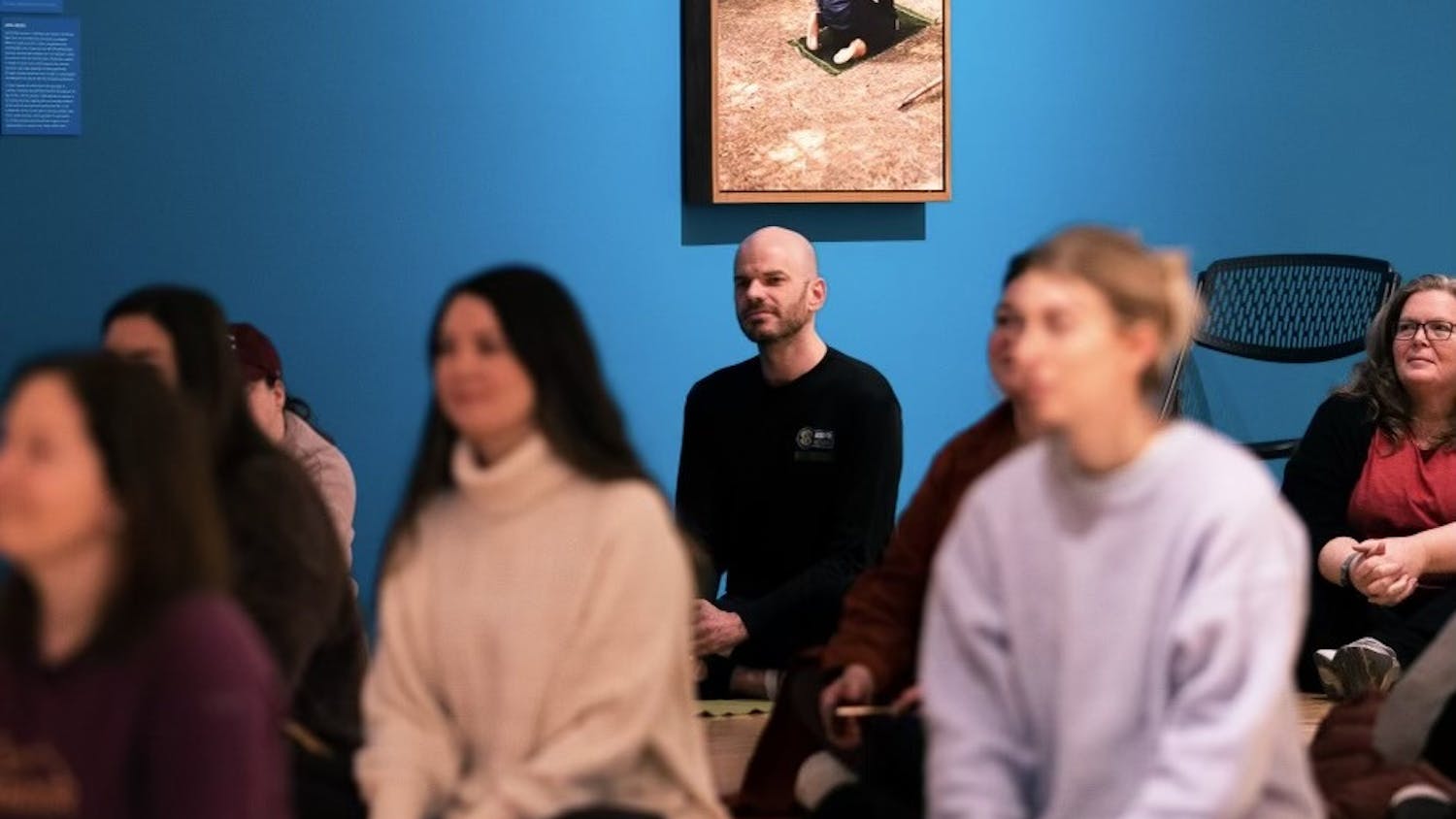The Oscars have come again, and many blockbusters were snubbed in the awards ceremony.
The Academy have decided which films represent the best of their craft, but there are other movies that better define this generation's take on film, said Deron Overpeck, professor of radio, television and film.
"What the Academy attempts to do is to present itself as the decent, upstanding member of an artistic society," Overpeck said. "They are not going to just look at the top money earner of each year. They also want to consider which films have artistic merit."
Overpeck said the films that define this generation are not presented as films so much as cultural events, with most movie premises coming from an already established franchise.
"Right now most blockbuster films are based on comic books or books like 'Harry Potter' and the 'Twilight' films," Overpeck said. "What I think is going to end up defining the 2000s and 20-teens are films that were able to capitalize on already existing fan bases. It wasn't the films themselves that were so interesting, but the people who went to see them were already fans of those characters."
Haley Lightfoot, sophomore in microbiology, also said she is less likely to see a film if she had no previous interest in the characters.
"I don't really go to see movies very much, I guess because it's expensive," Lightfoot said. "I just have a particular genre that I like. I guess if it's a really anticipated movie--like if it was something I read--I would want to go see it. Or if it's supposed to be the best movie ever and my friends say it's good, I would maybe go see it."
Because these movies are supported by both film companies and consumers, it is hard for original movie ideas to gain popularity.
"It is so difficult for a film to get the same kind of traction socially or culturally that films did in the '60s and '70s," Overpeck said. "Now there are so many venues for exhibition. A movie can go straight to Netflix or cable or even the Internet. I think the identification of a film as being a mass work of art that everyone is supposed to invest themselves in doesn't really exist anymore."
On the other hand, Overpeck said cult followings of online webcasts, such as Felicia's Day on YouTube, which are targeted to more specialized preferences, are larger than ever.
Taylor Smith, freshman in psychology, said she also thought films of this era focus more on gossip and opinion than factual information, while Lightfoot said she's noticed technology being a major theme.
"I would probably say that more movies represent what's going to happen in the future, like 'Transformers' or 'Day After Tomorrow' or '2012'," Lightfoot said. "I guess since technology has progressed so much in the last few decades maybe they're foreshadowing that something might happen."
Overpeck said the content of films in past decades have done a better job reflecting the culture of the times.
After the Watergate scandal and the liberal movements of the '60s, which gave rise to extremist groups like the Weather Underground and the Symbionese Liberal Army, Overpeck said '70s movies reflected the country's mistrust and its efforts to find a solid moral ground.
"You can't trust anyone, in effect," Overpeck said. "You have a lot of characters who are attempting to re-establish their moral ground, and you can see it even before the Watergate controversy in films like 'The Exorcist,' the 'Godfather' films, which the first two are about Michael Corleone losing his moral compass, even 'Apocalypse Now,' which sort of presents the Vietnam War in a light where there is no moral authority of any kind."
President Nixon's misdeeds may have defined the '70s, but the cultural focus changed when Ronald Regan took office in the next decade.
"If you want a single thing that defined the '80s it was Ronald Reagan," Overpeck said. "He was all about 'America's the greatest nation in the world, and the Soviet empire is full of evil.' Reagan is to the '80s what Watergate was to the '70s. I don't mean in terms of a scandal, but in terms of a cultural symbol, and I think the films reflect that."
Movie like "Pretty in Pink," "The Breakfast Club" and "Ferris Bueller's Day Off," reflected the attitudes of the era, Overpeck said.
"The '80s, if you ask me, are largely about a nation slowly transforming itself into a very narcissistic culture," Overpeck said. "You have a lot of films with characters who are very self-absorbed, and to an extent that self-absorption is privileged. 'Ferris Bueller's Day Off' is truly an example of this. You kind of think of Ferris Bueller as a hero, but he kind of manipulates everyone around him. He violates rules."
Overpeck said the '90s were an extension of the '80s in this regard.
As for films from the past that stand the test of time and remain popular today, like "The Breakfast Club," Smith said they still contain relevant themes.
"I think that history kind of repeats itself, I feel like, so I think that may be why those movies are still so popular," Smith said.
Do you like this story? The Plainsman doesn't accept money from tuition or student fees, and we don't charge a subscription fee. But you can donate to support The Plainsman.




